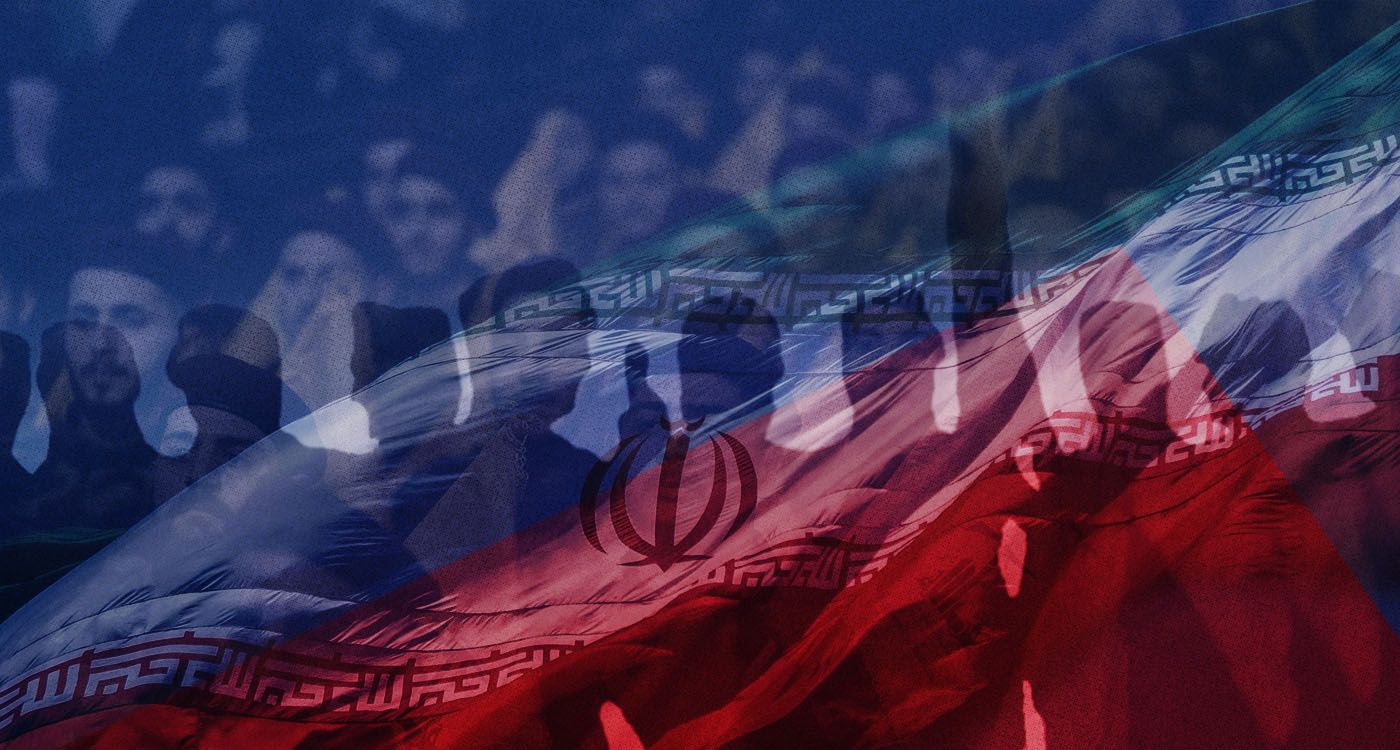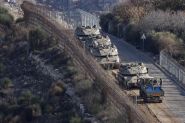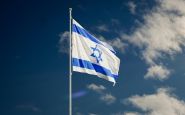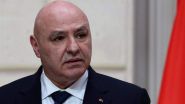
On the eve of the first anniversary of the September war, Israel escalated its strikes. A raid on Bint Jbeil on Sunday killed five civilians, including three children, and wounded two others. The attack has reignited speculation over the possible activation of “Plan B,” as outlined by US Senator Lindsey Graham, who declared that Hezbollah’s disarmament is non-negotiable – either the party voluntary complies, or Israel receives the green light to act. Others suggest the escalation may be a pressure tactic within the 60-day window.
While a senior security official describes Lebanon’s situation as stalled, informed sources question whether Speaker Nabih Berri will step forward with a timely initiative to break the deadlock and advance the implementation of exclusive state control over arms. The discussion follows Iranian advice encouraging Hezbollah to open a new chapter with Saudi Arabia.
European sources do not rule out an Iranian initiative following the meeting between Saudi Crown Prince Mohammed bin Salman and Ali Larijani, Secretary of Iran’s Supreme National Security Council. Soon after, MP Mohammad Raad met with presidential advisor Brigadier General Andre Rahal, an encounter described by Hezbollah-affiliated media as positive. At the same time, Hezbollah’s Secretary-General Naim Qassem called on Saudi Arabia to engage in dialogue with the resistance, reaffirming that Israel, not Hezbollah, remains the true enemy.
Western diplomatic circles warn of a looming eruption on the Lebanese scene, echoing security officials’ fears of a major event that could shake the country out of its paralysis. Dialogue between President Aoun and Hezbollah had stalled following cabinet sessions on August 5 and 7, during which the government reaffirmed exclusive state control over weapons.
Mediation efforts resumed between Baabda and Haret Hreik, but sources close to Hezbollah assert that President Aoun has abandoned his centrist stance. In their view, Lebanon is a country built on consensus, not on political confrontation or coups. They interpret Aoun’s position as a provocation that has mobilized the Shia base in defense of Hezbollah and its arsenal.
According to party sources, current communications are not aimed at resolving the crisis but at calculating losses. Hezbollah is reportedly uneasy about the possible return of Morgan Ortagus to the Mechanism Committee and questions what might happen if it refuses to cooperate south of the Litani River or withdraw from the area.
Even if internal negotiations succeed, a political activist within the Shia community questions how Lebanon will navigate the external front. Hezbollah sources maintain that there is no dispute over Speaker Berri’s visit to Baabda and affirm that the Shia duo seeks no confrontation with Aoun or the army. However, they regard the presidential envoy’s recent visit to the Iranian embassy, and Aoun’s meeting with Iranian President Masoud Pezeshkian in Doha, as symbolic at best. According to these sources, Lebanon’s file is no longer managed by the presidency or the Ministry of Foreign Affairs, but has been transferred to Supreme Leader Ali Khamenei.
During his last visit to Lebanon, Larijani reportedly informed Aoun that all matters related to Lebanon would henceforth be directly handled by the Supreme Leader, as Lebanon is now considered part of Iran’s national security framework. A security official describes this shift as a counterweight to Saudi Arabia’s growing influence in Lebanon.
Hezbollah remains resolute in its stance: it will not relinquish its weapons under any circumstances and continues to confront Israel despite the stark imbalance of power. The party has lost hundreds of fighters and refuses to retreat, particularly as Israel persists in violating the ceasefire agreement and Resolution 1701, targeting Hezbollah leaders and intensifying its attacks.
In view of recent developments, ministerial sources confirm that the US has shown understanding toward Lebanon’s position following a detailed briefing by Army Commander-in-Chief General Rodolphe Haykal. As long as Israel maintains its presence on the five contested hilltops and continues its violations, the Lebanese Army cannot fully deploy to the border or stabilize the situation. The army has therefore been granted a grace period until the end of the year. In parallel, Hezbollah has hardened its rhetoric, reaffirming its refusal to disarm.
As nuclear negotiations between Iran and the US resume, Hezbollah’s arsenal has become a strategic bargaining chip in Tehran’s hands. This explains Larijani’s assertion that Lebanon’s file now falls under Iran’s national security umbrella. Those expecting Hezbollah to comply with government decisions are mistaken, according to party sources. The fate of its weapons is no longer a domestic matter, but one dictated by Tehran.
Larijani’s meeting with Mohammed bin Salman was widely interpreted as a message to Washington, which, according to diplomatic sources, remains unwilling to discuss Lebanon’s file with Iran. The question is whether the Amal-Hezbollah leadership will dare to challenge the Supreme Leader’s authority, now that Lebanon’s fate has been placed in his hands.




Comments